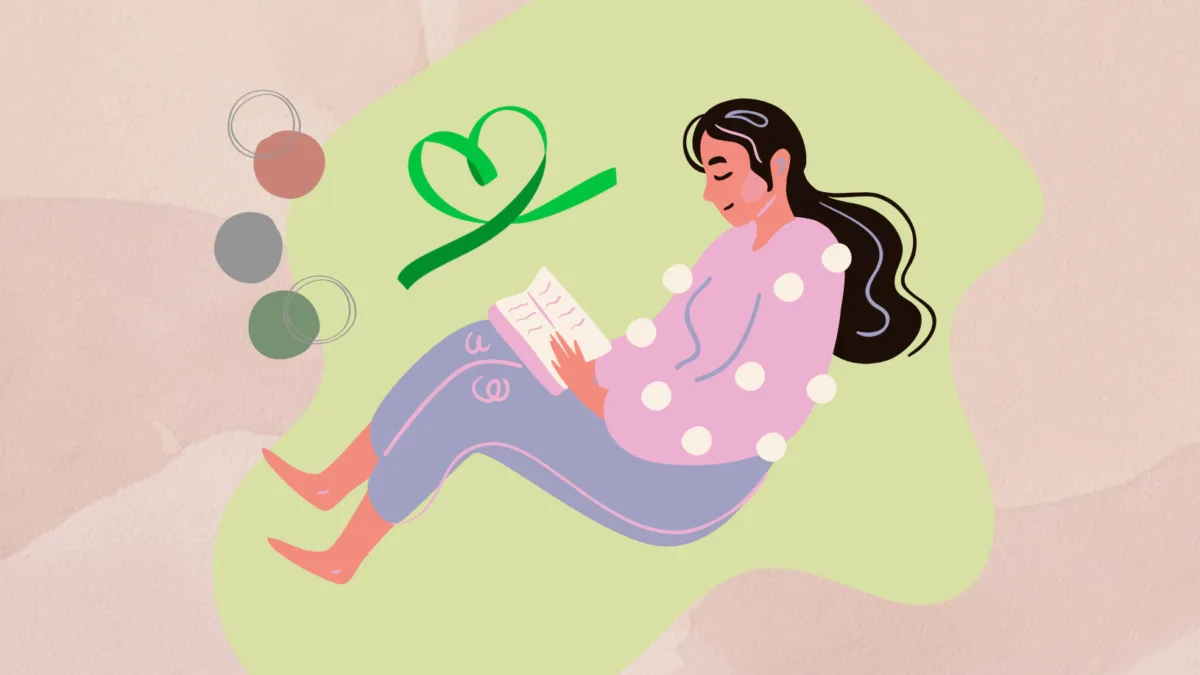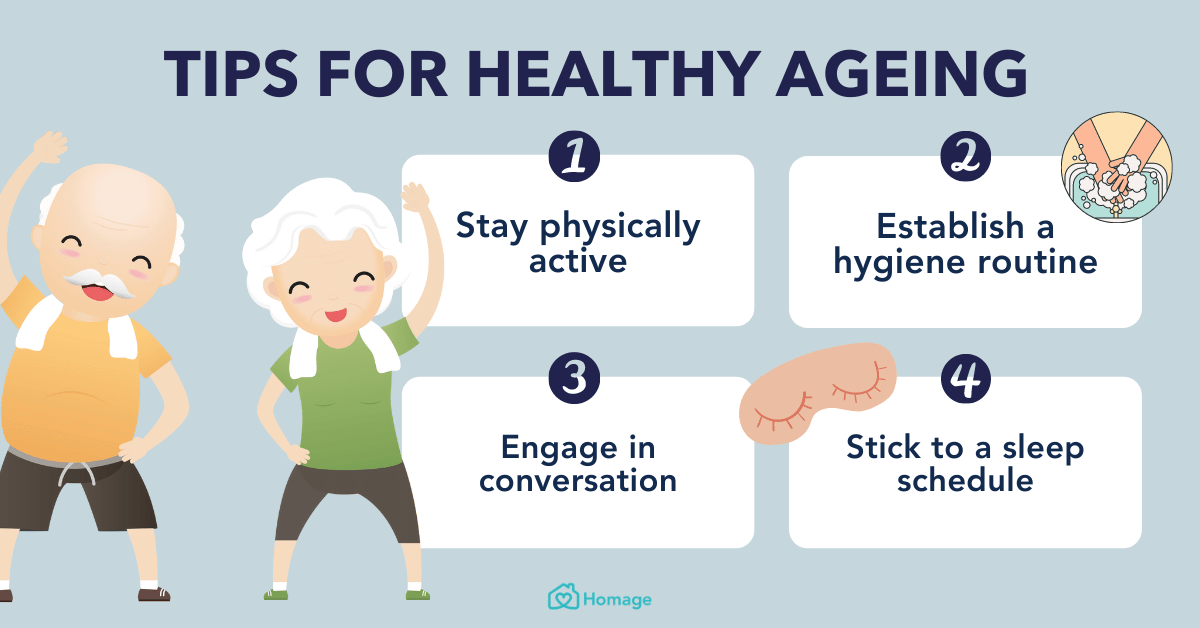
Anxiety can affect us in so many different ways. How many of these symptoms did you know?
According to the NHS, generalised anxiety disorder (GAD) affects up to 5% of the UK population. GAD is defined as a consistent or recurring feeling of unease, worry, or fear.
More generally, we all experience anxiety at points throughout our lives. This may be in relation to a specific activity, such as speaking in front of a crowd or attending a doctor’s appointment, or waves of anxiety might fall over us as we go through a particularly stressful time.
The thing with anxiety is that it can creep up on us in sneaking and deceiving ways. So how you can spot it when it does? Here we share 12 things you may not have known could be symptoms of anxiety.
1. Difficulty concentrating
Ever struggle to get your mind to settle on the task at hand? Or find it difficult to block out distractions? Challenges to your concentration are a common symptom of anxiety. It could be that you’re tackling constant intrusive thoughts – perhaps worries about whatever it is that may be troubling you – or maybe your mind feels clogged. When we’re struggling with anxiety, our bodies go into fight or flight mode, meaning that we’re on high alert. All that considered, it’s no wonder that our minds go into overdrive too.
2. Shame spirals
A family member you haven’t seen in a while leaves a comment on a photo you uploaded to Facebook, saying that they miss you. Do you: a) send them a message to find a date you can get together; or b) feel guilty that you haven’t seen them, declare yourself a selfish and thoughtless person, dwell on this all day, and replay the interaction over and over in your mind late into the night? Sound familiar? It’s called a shame spiral, and it can be a sign of underlying anxieties.
3. Chills
Chills are an incredibly common, yet rarely spoken about, symptom of anxiety. When our body goes into fight or flight mode, this brings about a rapid change in our body temperature, which can result in us feeling ‘chills’. Chills can also be accompanied by an increase in our sweat response – a cold sweat – which all comes from the adrenaline that’s flowing through our bodies as our anxiety levels rise.
4. Heart palpitations
You’ve heard of the phrase, ‘my heart skipped a beat.’ This is what an anxiety-induced heart palpitation can feel like. It can also describe a racing heartbeat or simply an unusual awareness of your heartbeat – all of which are triggered by your panic response. That said, if you are experiencing regular heart palpitations, it’s worth checking in with your GP, just to be assured you don’t have any other underlying problems.
5. Being over-controlling
Do you struggle to give up control when working on a project with co-workers? Or perhaps if you’re arranging a meet-up with friends you need to know every detail of how the day is going to go?
Controlling behaviour can sometimes be the result of anxiety making you fear the feeling of being out of control. Reeling things back in and overseeing every detail can help you feel more relaxed about challenging situations. Of course, controlling behaviour can be unpleasant for others and – in the worse case scenarios – even abusive. If you notice you struggle to give up control and this is affecting your relationships with others, it may be a good idea to consider speaking to a professional.

6. Trouble sleeping
Every night in the UK, 22% of people have trouble falling asleep, and it would be a fair guess to say that many of those cases could be related to anxiety. In the same way that intrusive thoughts can prevent us from concentrating during the day, an anxious mind can keep us up at night. Does this sound relatable? Read our guide to putting common poor sleep scenarios to bed for good.
7. Skin flair-ups
If you already live with a skin condition like acne, psoriasis, or eczema, anxiety can cause these to flair up through periods of stress. This is due to the relationship between our stress response and our hormones. Hormones stimulate our skin glands and hair follicles, which is why we might start to see pre-existing skin conditions worsen through difficult times.
8. Irritability
Going back to what we know about how anxiety puts us into fight or flight mode – when we’re in ‘fight’ mode, we may find that we’re less able to control our temper, or respond to stressful or irritating situations in our normal manner. You may find that you’re a bit more prickly, that you lash out at other people, or you might find that you have overreacted to a situation that normally wouldn’t bother you.
9. Procrastination
Procrastination is when we continuously put off a job or task that we know needs to be done. When it comes to an anxious mind, it’s easy to see how worries about something may lead us to avoid it – but sometimes that’s not always obvious. If you’re finding that you keep on putting a task off, work backwards and consider why this might be.
10. Perfectionism
Essentially, this one can be pinned down to overthinking. Perhaps you worry that the things you produce will never be good enough, or you’re anxious about meeting other people’s expectations. You may find that you constantly nitpick at your work, going over it over and over again to make sure there is nothing that could be perceived as wrong about it. Of course, not all perfectionism stems from anxiety, but this could be one subtle way that it intrudes into your daily life.
11. Never saying no
We all feel compelled to say yes to things that we’d rather not do every now and then, whether that be out of politeness or a sense of duty. But chronic people-pleasing could stem from a place of anxiety as you feel worried about letting others down or have a fear of feeling out of control.
12. Nausea and stomach pain
Feeling sick, stomach cramps, constipation, gas, and bloating – the gut-brain connection is a complex and delicate system. Chemically connected via neurotransmitters, what’s going on in our minds can directly affect the feelings that we get in our gut.
For example, you might find that you have digestive problems on a day when you are experiencing particularly high levels of stress, or maybe you feel nauseous just before walking into a big interview. Beyond that, when we’re already anxious we may have gut symptoms – or perhaps we eat different things – which can then fuel our anxiety, trapping us in a cycle.
For many people, anxiety is something that comes and goes throughout their lives. While in some cases, professional support may be needed, for others the key coping with anxiety is in the daily things that we can do to help manage it and, largley, in being able to spot the signs and respond accordingly.
If you’re struggling with anxiety, learn more about it by visiting anxiety UK or call their helpline on 03444 775 774.
Related Post
 20
20 Jun
Journal Prompts for Mental Health: 7 Ideas to Explore
Journaling has a heap of psychological well-being benefits, however you don't necessarily have any idea what to expound on to get the worth out of a journaling meeting. That is where journaling prompts for treatment come in. More profound diary prompts.
Read More 13
13 Jun
10 Natural Health and Nutrition Tips That Are Evidence-Based
If you have any desire to help your wellbeing and prosperity, there are a lot of regular and home solutions for browse, going from keeping away from singed meats and added sugars to rehearsing reflection. With regards to understanding what's sound,.
Read More 04
04 Jun
4 Tips for Preventing Food Allergies at School
Most guardians send their kids off to start another school year with energy. However, guardians of youngsters with extreme food sensitivities frequently have genuine apprehension. They frequently wonder: Will their kids inadvertently eat the food they're hypersensitive to? Food sensitivities are.
Read More 30
30 May
Everything You Need to Know About Healthy Aging
Maturing is unavoidable, yet if you reexamine the manner in which you take a gander at the excursion and do whatever it takes to really focus on yourself in every second, you'll track down the delight and liveliness of the.
Read More